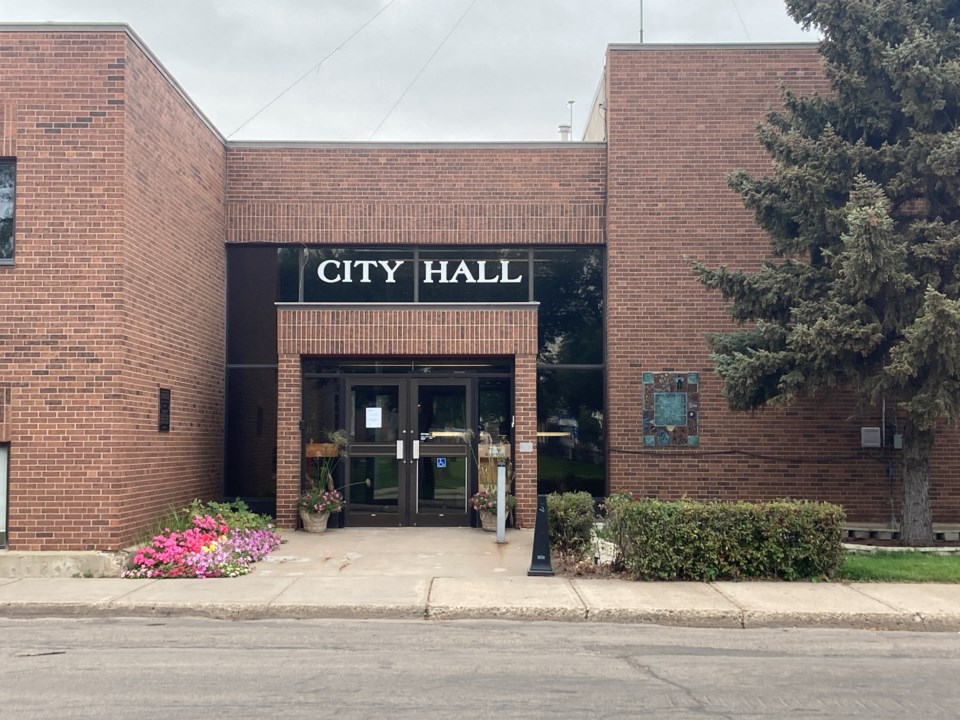ESTEVAN - Estevan city council approved a pair of requests regarding diversity, equity and inclusion from Coun. Kirsten Walliser during the Aug. 19 meeting.
In a report, Walliser's first recommendation was to ask about inclusion so that as a council, members can make better decisions with less unintended consequences.
With each internal policy, bylaw, initiative of council or program of the city, and with every funding request received or grant provided, Walliser said three questions should always be asked and answered: who is not included in the work, what contributes to this exclusion, and what can be done differently to ensure inclusion?
"If we receive a request for funding from a minor sports organization, we would ask them to include these three questions and answers in their report. If one of our managers brought a report to us, we would also ask that these questions are asked and answered," said Walliser.
She noted it's a common practice with funding organizations such as Saskatchewan Lotteries.
"These three simple questions may need to be applied more than once to gain a more holistic view of the problem and of the possible solutions," said Walliser.
Her other request is to have all managers, the city manager, and current council members complete the measuring inclusion tool for municipal governments. The program will provide an introduction to the definitions and set a baseline; once established, the next council can determine what rises to the top as priorities.
From there, council and administration can potentially address shortcomings through the budgeting process and can then compare progress when the tool is re-administered at a later date.
"We are at the end of our term, so we are the most familiar that we will ever be with the current practices of the City of Estevan," she said.
There is a financial impact to this decision, she said, as at minimum, the tool will take one hour per employee to complete. A round-table discussion could follow on the key areas of alignment found between various city departments.
Walliser added this doesn't need to be an all-or-nothing approach, as there are certain divisions of the city where these might not be applicable.
The goal is to have a culture of inclusion where elected officials publicly initiate and support inclusion-related policies and initiatives, even if residents view them as controversial.
Mayor Roy Ludwig said inclusion is great but he voted against the motion, saying he believes it will take a lot of time, energy and money. He asked Walliser if she wanted this council to incorporate it, or if it should be the next council's responsibility; he believes it should be up to the next council, which is to be elected in November.
"I don't know if we should be making this decision tonight and moving it forward when we only have a few meetings remaining," said Ludwig.
Walliser said it was very important for this council to make this decision, because that will create a platform for the next council to take follow-up steps.
Coun. Rebecca Foord said the first request is particularly important during the shift from this council to the next, because it sets the new council up to be able to ask questions during budget time, which will happen immediately after the election.
"It allows everybody presenting their budget to the city to say hey, is this including important people in our city? Is it including people we may have missed who have been overlooked over the years?"
Coun. Tony Sernick abstained from voting, saying he needed more time before making a decision on the comprehensive document.




